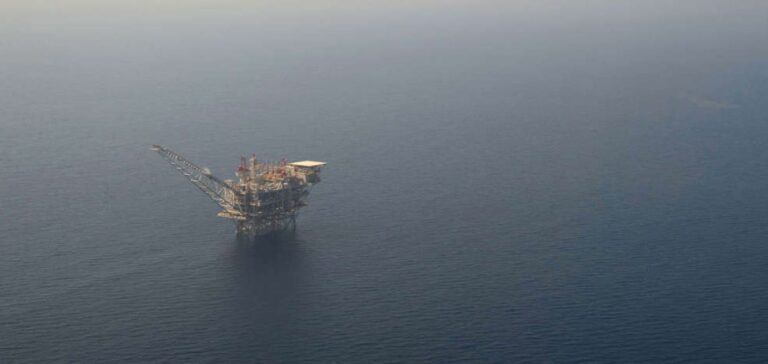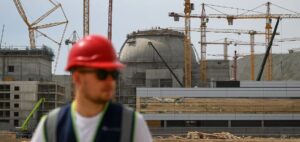Turkey accuses Cyprus of increasing tensions in the eastern Mediterranean over gas exploration.
Tensions in the Eastern Mediterranean
Turkey accuses Cyprus of increasing tensions in the eastern Mediterranean. These accusations come after the discovery of natural gas off the island by a consortium of Italian and French energy companies. Thus, the spokesman of the Turkish Ministry of Foreign Affairs, Tanju Bilgic, believes that this is a unilateral decision.
Furthermore, he believes that these Cypriot activities “violate the rights of the Turkish Cypriots, who are one of the co-owners of all natural resources on the island.” Moreover, Ankara says that these activities increase tension and threaten peace in the eastern Mediterranean. Indeed, Turkey does not allow exploration or exploitation activities on its continental shelf.
Contested discoveries
Turkey challenges Cyprus’ exploration program. Ankara regrets that these operations overlap on its own continental shelf without its consent. The country also complains that the Turkish Cypriot secessionist state in northern Cyprus is being harmed.
However, Turkey does not recognize this secessionist state. The Greek Cypriot government has international recognition and represents the whole island. Cyprus at the time of the Turkish invasion in 1974 following a coup d’état was divided.





















